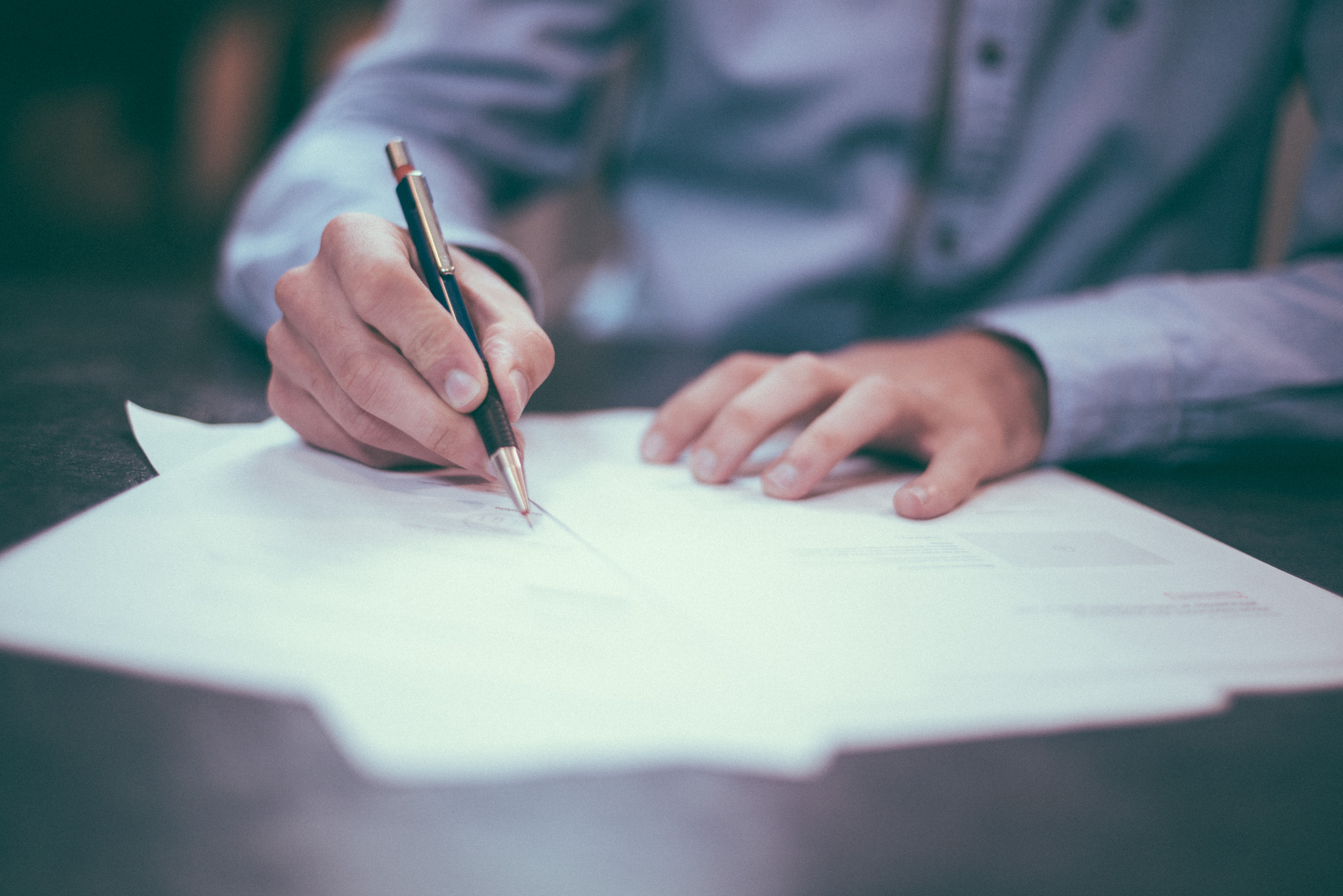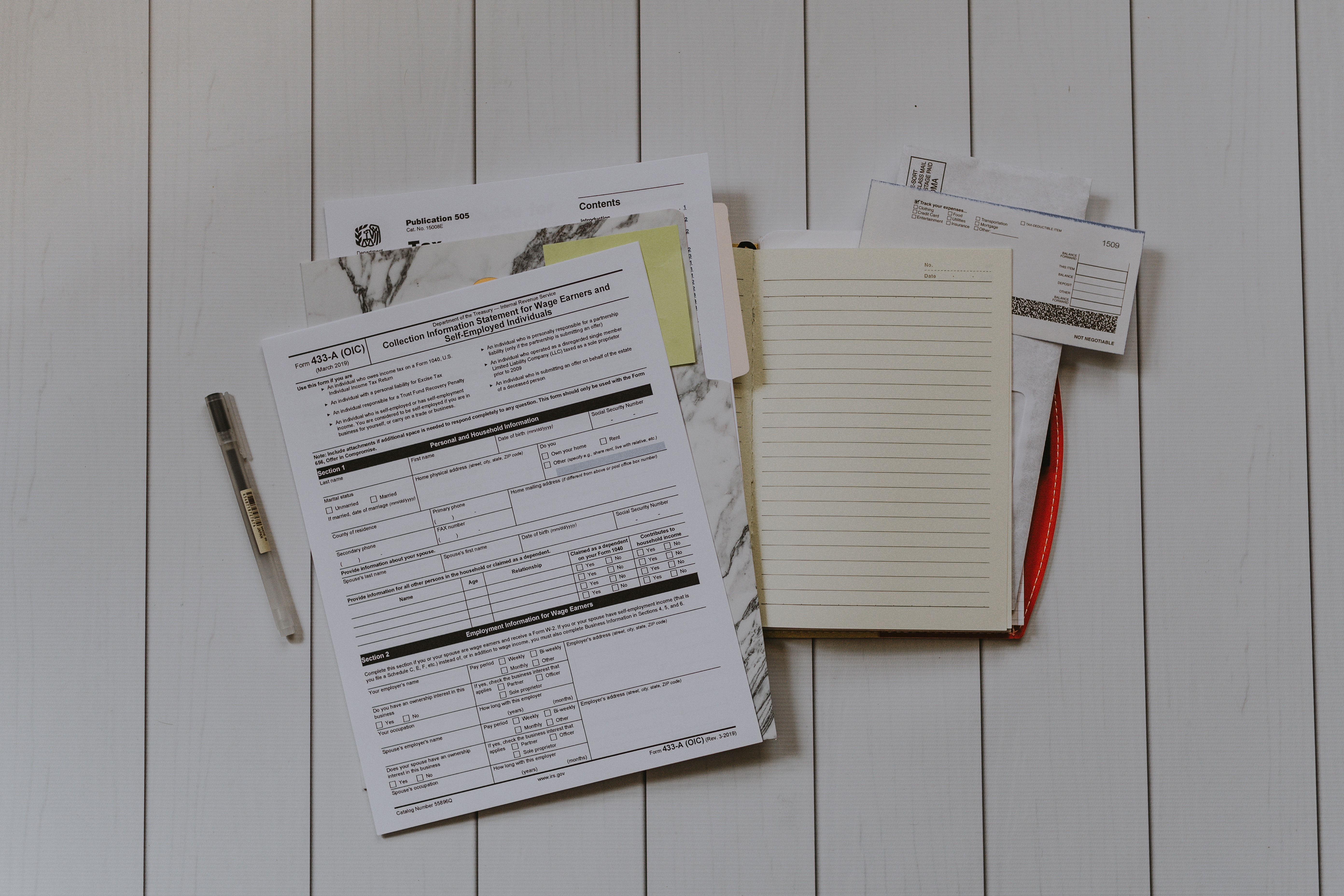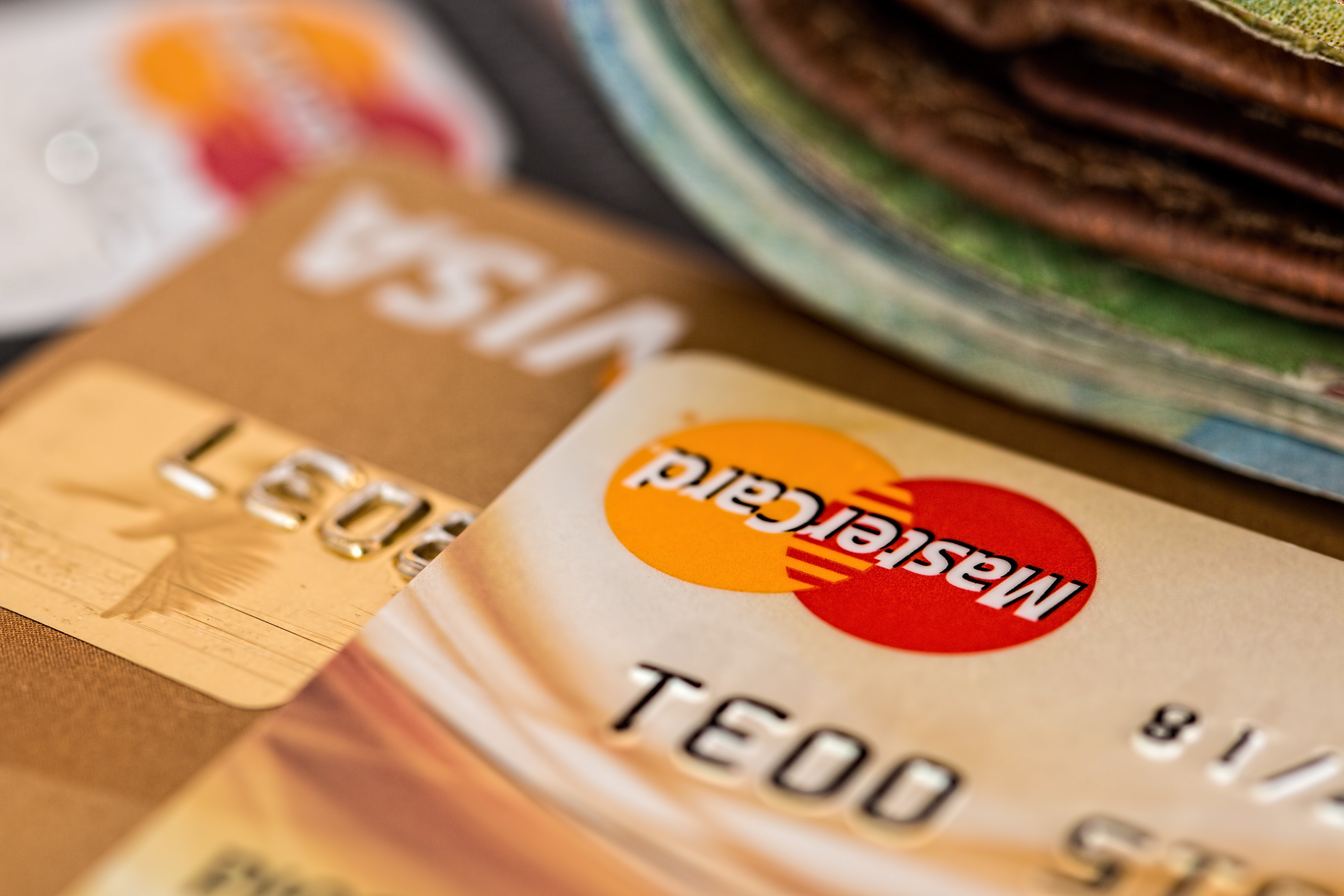1. Sort out your accounts
Part of your mortgage application includes the last 3 months of bank statements. This is so the Bank can assess your money management to ensure you are a good applicant to lend money to. Think about it, if you were lending someone $500,000 or more, you'd want to know they are good with their money and are going to be able to manage the repayments.
To demonstrate this, you should show:
- Consistent deposits from income.
- A monthly surplus after expenses.
- Expenses align with the expenses declared in your loan application.
- No unarranged overdraft fees, bounced automatic payments.
You can learn more about Looking After Your Bank Account here.
.png?width=400&height=300&name=Untitled%20design%20(56).png)

2. Confirm your employment situation
More and more in these uncertain times, Banks are scrutinising the employment status of an applicant. Banks are looking at the industry you're employed in to see if your employment is stable in the medium term. They are also being more conservative when it comes to accounting for commission based employment.
To help overcome this and convey your employment in as a concrete way as possible, you can:
- Provide a letter from your employer confirming your status.
- Evidence of your work history in your specific industry.
Any application should always include:
- 3 of your most recent payslips.
- Confirmation of any bonuses in the last 2 years. However currently the Banks are not taking future bonuses into account due to many of them not being paid due to the uncertain future.
- If you are self employed, your latest two year-end accounts. A mortgage advisor may be able to help you apply using just your latest accounts.
3. Gather your loan application documents
A loan application requires a fair bit of supporting documents in order for the Bank to properly assess your suitability for a mortgage. It is important to ensure your application includes these documents to avoid delay in processing.
The supporting documents you will need are:
- 3 months of bank statements.
- 3 most recent payslips.
- Most recent Year-End Financial Accounts if self employed.
- Copy of ID (passport or Birth Certificate and Driver's Licence).
- Evidence of your deposit (Savings account and/or KiwiSaver statements).
- A Gifting Declaration if you are receiving a gift from your parents.
Added extras you may want to include:
- If you are looking at a particular property, a copy of the property pack from the real estate agent.


4. Have a chat with a mortgage advisor
As with many specialist things done for the first time, buying a house is a process that benefits from expert advice. That is where a mortgage advisor can be very beneficial in helping reduce the stress for an inexperienced home buyer.
A mortgage advisor can help you:
- Assess your readiness for buying your first home.
- Guide you through the process of obtaining a mortgage.
- Provide support for other steps in the home buying process.
You can arrange a chat to one of our advisors here.
5. Prepare your KiwiSaver Withdrawal / First Home Grant applications
Both KiwiSaver Withdrawal and First Home Grants are a substantial helping hand for first home buyers attempting to build a deposit.
So when it comes to preparing yourself for a mortgage, here are some key things to be looking to do:
KiwiSaver Withdrawal
- Check your KiwiSaver provider's process for withdrawal and confirm the time required.
- Discuss with your advisor whether to switch your fund to a conservative KiwiSaver fund to reduce the fluctuations in the balance.
First Home Grant
- Confirm your eligibility for the First Home Grant, you can check that here.
- Apply for the First Home Grant here.
.png?width=400&height=400&name=Untitled%20design%20(55).png)

6. Get a credit check
Getting a credit credit is an important part of ensuring your loan application will be well received by the Bank.
A credit check will show up any defaults from non-payment for things like hire-purchase or credit cards. Any outstanding defaults need to be paid with an explanation for any settled defaults to help give the Bank comfort that your track record is for reliably paying your debts.
Here are a few companies that can provide free (with delay) and prompt reports (for a fee):
7. Take our Home Readiness Quiz
By taking our 1-minute Quiz, we can get an idea of how close you might be to being ready to prepare for a mortgage.
From there, we can help guide you through the process of buying your first home.

Take the next step...
Think you're ready to take the step of submitting an application but would like some help? Our advisors are here to help explain the steps and guide you through the process.
Complete the below form to get going...

.jpg?width=800&height=533&name=dreamstime_s_154123155%20(1).jpg)